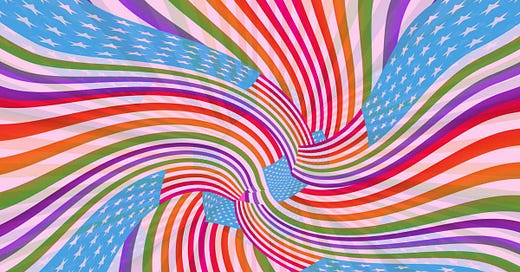
In 1966, the poet Allen Ginsberg offered a remedy for America’s broken soul: If everyone tried LSD, he said, we would discover “some ray of glory or vastness beyond our conditioned social selves, beyond our government, beyond America even, that will unite us into a peaceful community.”
Psychedelics, in other words, could save America.
More than half a century later, the nation’s psychedelic movement finds itself with a new figurehead: Rick Doblin. As the founder of the nonprofit Multidisciplinary Association for Psychedelic Studies (MAPS), Doblin has spent decades pushing for the liberalization of access to psychedelics—drugs he believes can cure the world of trauma and usher in a new golden age. His goal, he says, is to create “a world of net-zero trauma by 2070.”
Doblin is about to have a new, powerful ally in his quest. Robert F. Kennedy Jr.—the man charged by Donald Trump with “Making America Healthy Again”—is a big believer in the power of psychedelics. He endorsed legalizing them during his presidential campaign. Kennedy sees psychedelic drugs as one of the tools of healing that Big Pharma has tried to keep away from the public—part of a broader alternative medicine agenda. In a recent post on X, the nominee for the nation’s top health post published a list of drugs and therapies he plans to liberate from FDA “suppression.” The first item was psychedelics.
America, it seems, is about to get trippy. Or is it?


